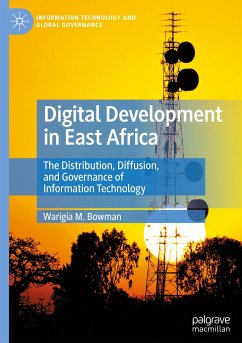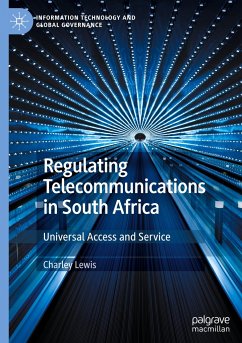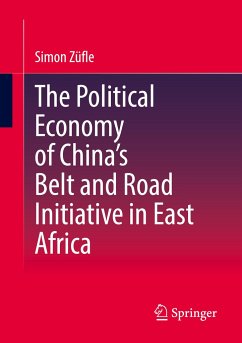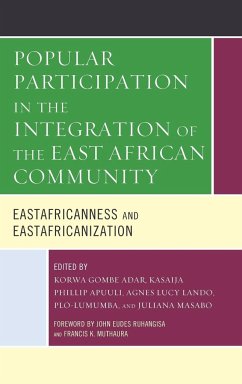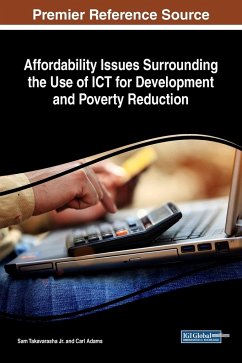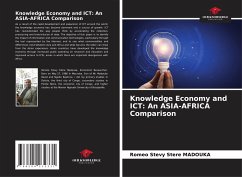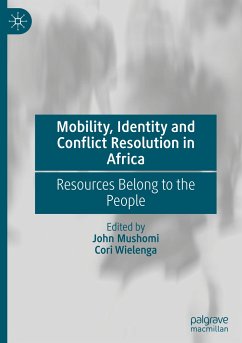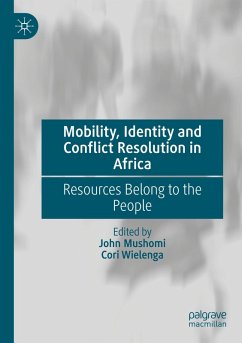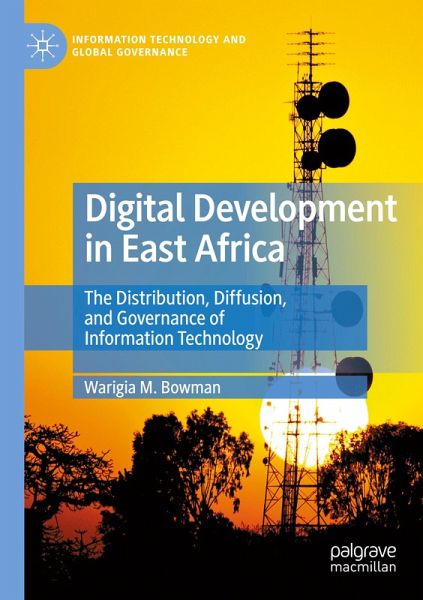
Digital Development in East Africa
The Distribution, Diffusion, and Governance of Information Technology
Versandkostenfrei!
Versandfertig in 6-10 Tagen
98,99 €
inkl. MwSt.
Weitere Ausgaben:

PAYBACK Punkte
49 °P sammeln!
This book uses comparative case study methodology and extensive field work to examine and compare outcomes of four East African nations (Kenya, Tanzania, Uganda, and Rwanda) that implemented formal Information and Communications Technology policies in the 1990s. Based on extensive fieldwork, the book assesses the emergence of a new policy and technological arena from the turn of the millennium to the present. In addition to tracing the implementation and reception of these policies, Bowman considers to what extent the politics of infrastructure in four connected but distinct African nations ha...
This book uses comparative case study methodology and extensive field work to examine and compare outcomes of four East African nations (Kenya, Tanzania, Uganda, and Rwanda) that implemented formal Information and Communications Technology policies in the 1990s. Based on extensive fieldwork, the book assesses the emergence of a new policy and technological arena from the turn of the millennium to the present. In addition to tracing the implementation and reception of these policies, Bowman considers to what extent the politics of infrastructure in four connected but distinct African nations have resulted in global participation and equitable distribution and access of infrastructure to all citizens, as well as the impact a recent history of war or peace have on the technological outcomes in these communities. The book provides us with invaluable new data on how policy and politics function in emerging democracies, and illuminates long-overlooked opportunities and conditions necessary for the distribution of new and potentially beneficial technologies in other developing countries.



